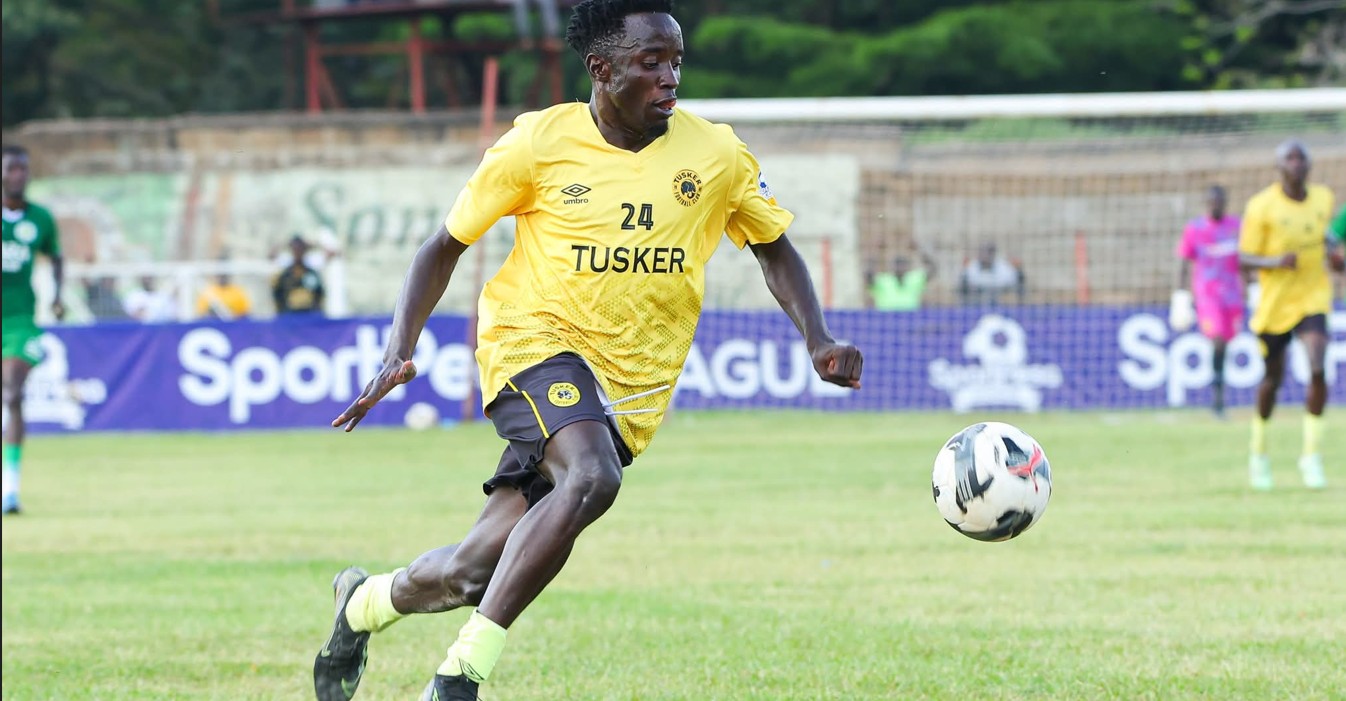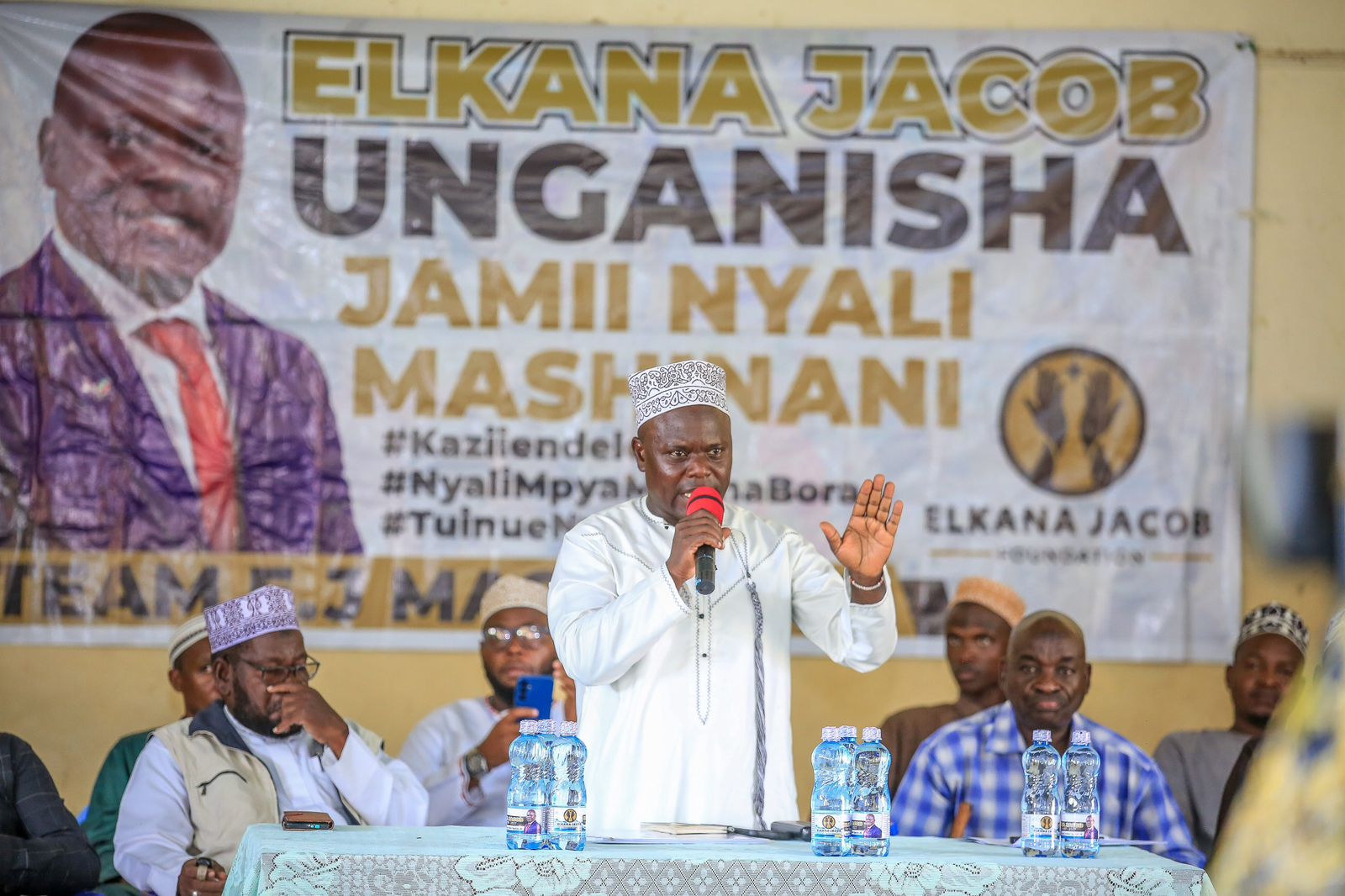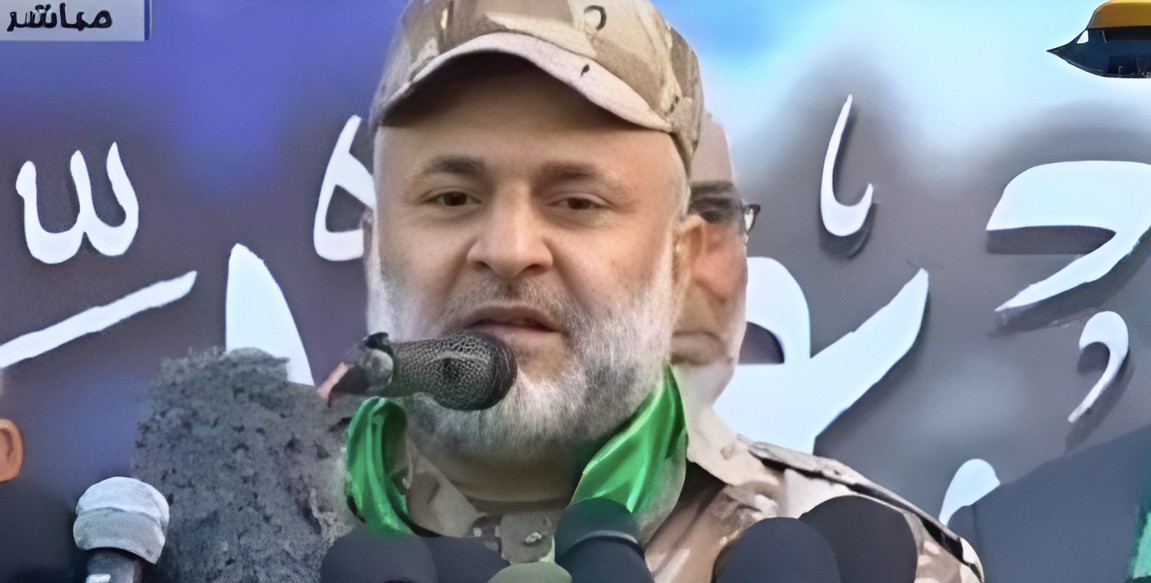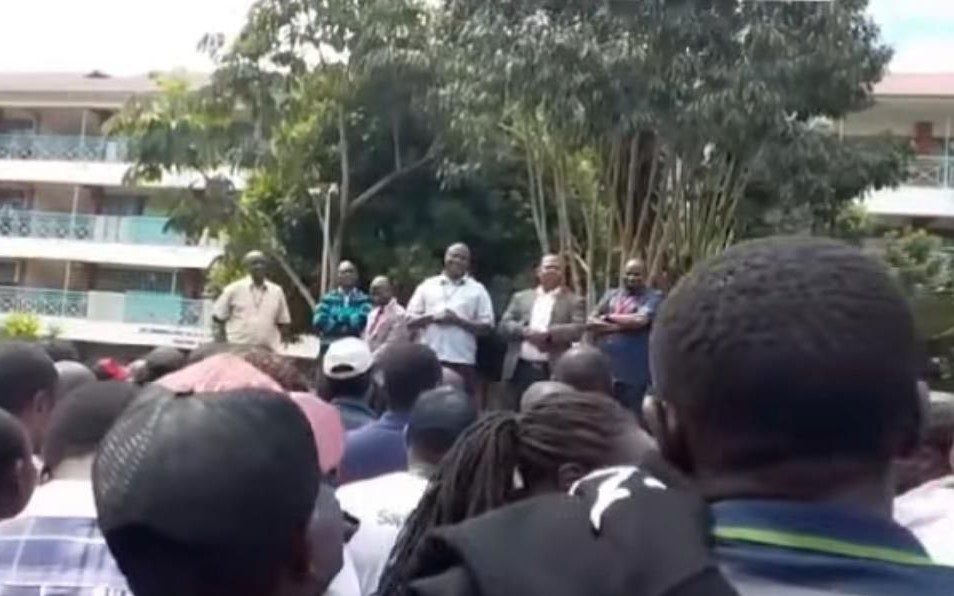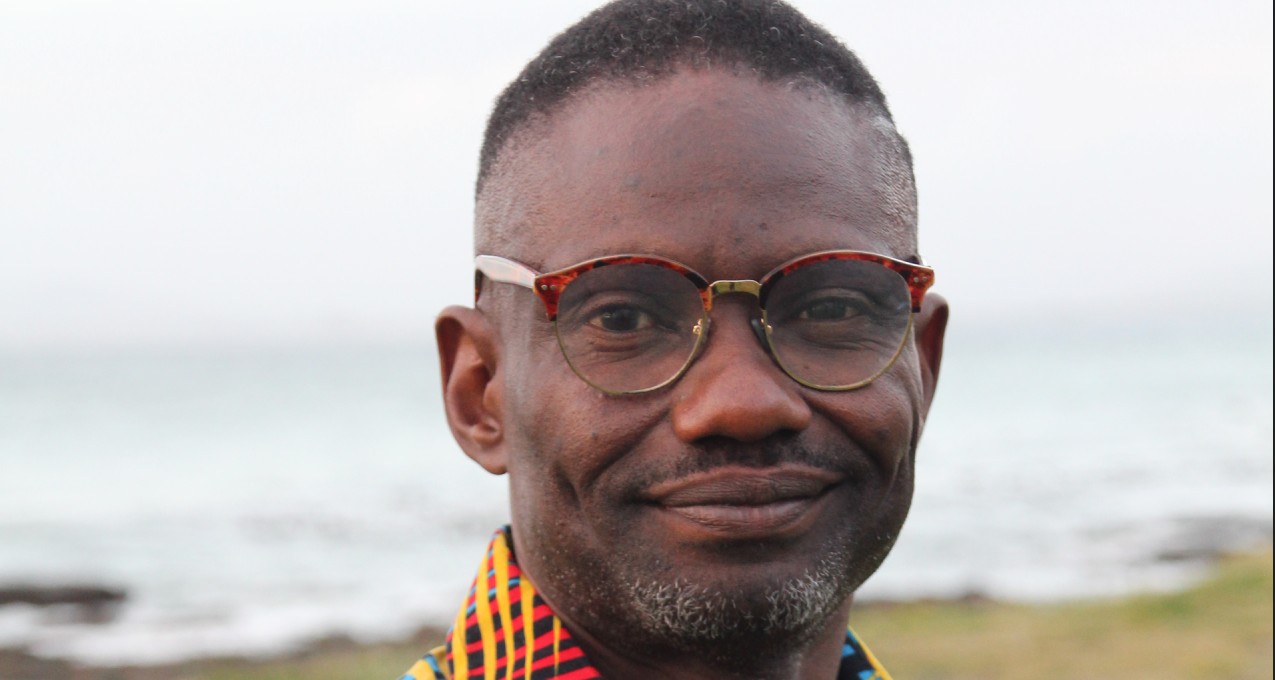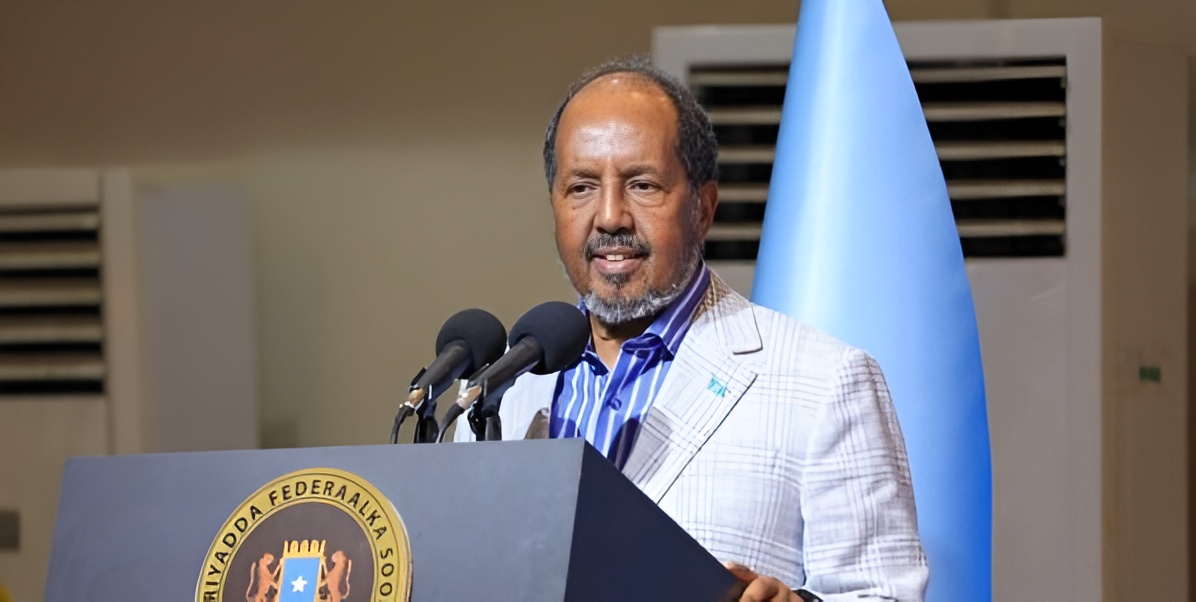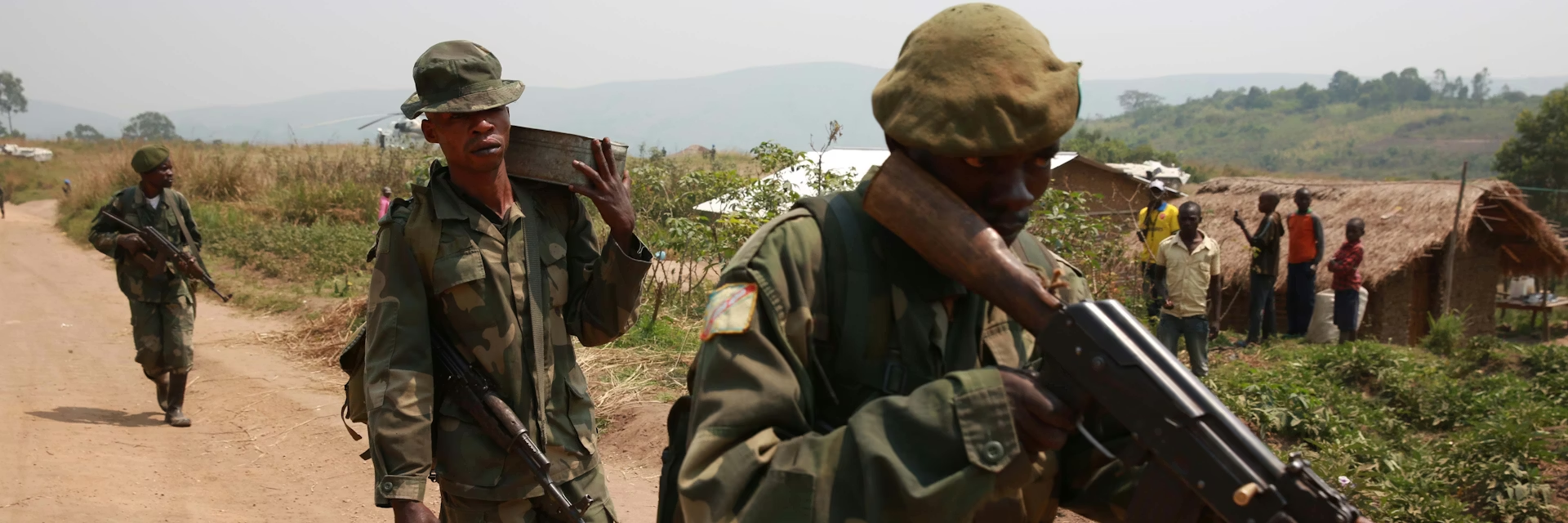Rwandan President Kagame reignites controversy over Tshisekedi’s rise to power
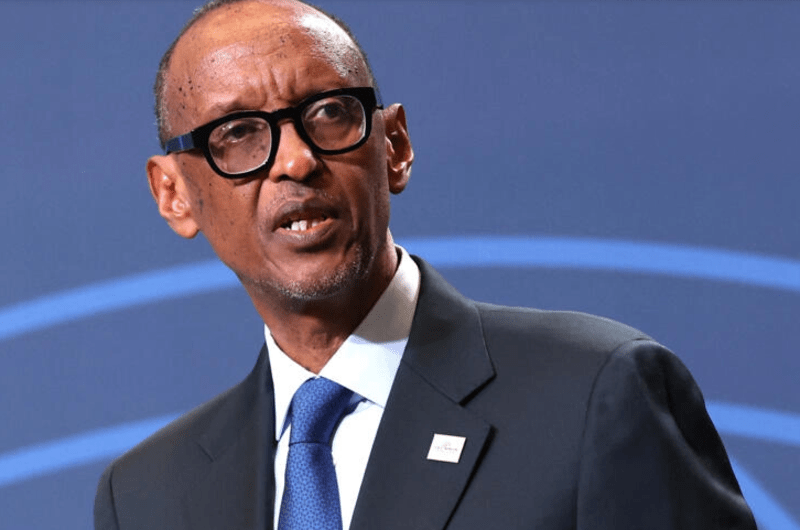
The Rwandan leader went further, suggesting that former President Joseph Kabila orchestrated the transition.
Rwandan President Paul Kagame has once again cast doubt on the legitimacy of his Congolese counterpart Felix Tshisekedi's presidency, claiming that his ascension was less a product of democracy and more of a backroom arrangement.
Speaking in Kigali on Friday, Kagame alleged that Tshisekedi was "called to the office and given power," referencing the opaque circumstances surrounding the 2018 Democratic Republic of Congo (DRC) election.
More To Read
- In eastern DR Congo's Uvira, war scars linger as calm cautiously returns
- Peace falters as fighting in eastern DR Congo raises fears of regional war
- AU warns of rising violence in DR Congo and Great Lakes region amid M23 advance
- Burundi closes border with DR Congo after M23 enters Uvira, sources say
- M23 rebels capture eastern DR Congo city of Uvira as thousands flee to Burundi
- Bloody clash leaves 30 dead, 20 injured as army, pro-government militia clash in eastern DR Congo
"Last time they had elections, but no election really happened," he added. "It was just a continuation of the thing that was handed to the man, and he just keeps running with it. But that's another story."
The Rwandan leader went further, suggesting that former President Joseph Kabila orchestrated the transition.
"Kabila thought he was making a good deal," Kagame said, implying a transactional handover of power that bypassed the will of the Congolese electorate.
According to Kagame, the arrangement was no secret to key African leaders.
He named former Kenyan President Uhuru Kenyatta, Egyptian President Abdel Fattah el-Sisi, and South Africa's President Cyril Ramaphosa as witnesses to the political pact.
"You ask to go and visit them and ask them this question," he urged, hinting that "the truth of the matter" is common knowledge in diplomatic circles.
Tshisekedi was declared the winner of the 2018 election—hailed as the DRC's first peaceful transfer of power since independence.
Yet the process was marred by widespread allegations of vote-rigging, with several observers, including the African Union, citing irregularities.
Opposition leader Martin Fayulu described the outcome as "an electoral coup."
Tshisekedi secured a second term in the December 2023 election with more than 70 per cent of the vote, though the exercise was again marred by logistical chaos, voter suppression, and the exclusion of key opponents such as Nobel Peace laureate Dr. Denis Mukwege.
Kagame's remarks are the latest in a long line of provocations amid deteriorating relations between Kigali and Kinshasa.
Top Stories Today



